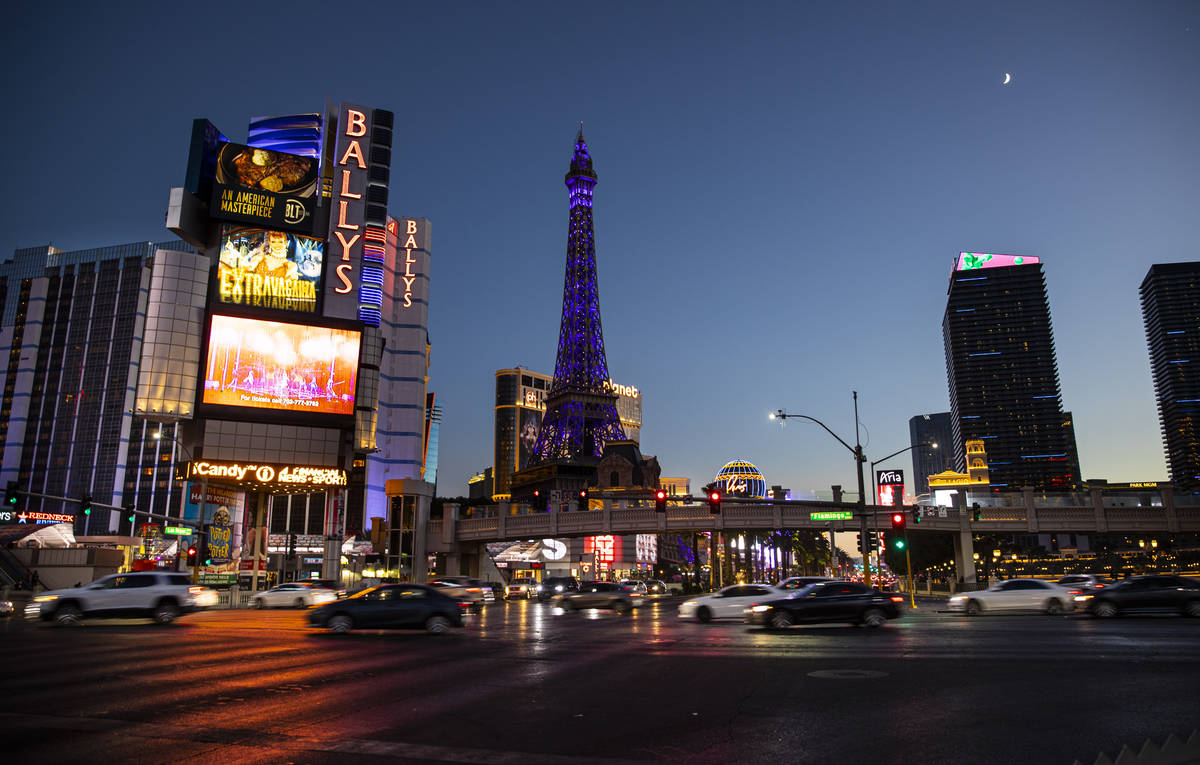Earnings reports show some casino companies handling crisis
It’s no surprise that the nation’s casino companies continued to struggle financially in the third quarter, which ended Sept. 30, with the coronavirus in full bloom.
But some companies performed better than expected based on earnings reports issued between the middle of October and the middle of November.
An analysis by the Washington-based American Gaming Association said revenue was up 294 percent from the second quarter among the nation’s commercial casinos. Some of that was because of reopenings during the quarter, and some of it was because of strategies companies initiated.
And, some of it was because of patron behavior motivated by government-initiated mandates — the wild card that is continually changing and is different from state to state.
Partial reopenings
The AGA reports to date, 911 of 994 U.S. casino properties across 40 states have partially reopened. That includes 442 commercial casinos — 94.7 percent of the total — and 469 tribal properties, 89 percent of the total.
Gaming revenue is down 36.5 percent year-over-year in the first nine months of 2020, compared with the U.S. gross domestic product’s 3 percent decline in the same period.
“As state and local officials respond to current COVID-19 outbreaks with additional restrictions, urgent congressional action to provide COVID-19 relief is even more crucial,” association President and CEO Bill Miller said. “Gaming employees and communities depend on it.”
Several companies managed to be profitable in the third quarter with employee furloughs and cost-cutting measures in place. The AGA said third-quarter commercial gaming revenue totaled $9.04 billion with big chunks of that coming from Caesars Entertainment Inc. ($1.377 billion), MGM Resorts International ($1.126 billion) and Penn National Gaming Inc. ($1.1 billion).
Of those, only Penn National was profitable with net income of $141 million. Gaming industry analysts have said since the beginning of the pandemic that regional gaming companies — those with large networks of casinos in multiple states — would fare the best because of their geographic diversification.
For example, Boyd had a better revenue quarter than Las Vegas Sands Corp. and Wynn Resorts Ltd.
Boyd operates casinos and racinos in 10 states. In the U.S., Las Vegas Sands operates The Venetian, Palazzo and the Sands Expo and Convention Center in Las Vegas, and Wynn Resorts operates Wynn Las Vegas and Encore on the Strip and Encore Boston Harbor in Massachusetts.
The worst-than-expected hurricane season dealt a blow to Boyd.
And Wynn and Sands continued to feel the impact of dampened fly-in visitors and airline schedule cutbacks. That’s a point Sands Chief Operating Officer Rob Goldstein has noted in two consecutive quarters.
“I don’t see a lot of change in Las Vegas for us until there’s a change structurally and the governor’s position, the airline position and the willingness again of consumers,” Goldstein said in a third-quarter call with investors last month. “I think people coming here on weekends and sitting in a room is one thing.”
It also shouldn’t be lost that companies like Sands, Wynn and MGM are so dependent on the midweek visitors spurred by the thousands of conventions, trade shows and meetings that visit Las Vegas every year but haven’t since March.
“Our industry continues to prioritize the health and safety of our employees, customers and communities above all else,” Miller said. “While these quarterly results are promising, the reality is a full recovery is dependent on continued public health measures to control prevalence rates.”
Macao, where Wynn, MGM and Sands also operate, has been a major disappointment since its reopening, but it’s evidence that the mass market of China isn’t acting much differently from U.S. consumers and is staying away from casinos.
Other companies related to the industry were profitable in the third quarter, including affiliated real estate investment trusts.
Vici Properties, affiliated with Caesars, posted net income of $396.2 million with revenue up 52.6 percent over 2019’s third quarter, and MGM Growth Properties had net income of $97.4 million, even with revenue down 14 percent from a year ago.
Key feeder airlines to Las Vegas had mixed results, but the dominant carrier to McCarran International Airport, Southwest Airlines, had an ugly quarter.
Southwest showed a $1.411 billion net loss, with revenue down 68.2 percent to $1.793 billion. Southwest continues to deliberately fly at about two-thirds capacity, leaving middle seats on its Boeing 737s open. It’s trying to generate new revenue with several new destinations.
Meanwhile, hometown Allegiant Air posted a $29.1 million net income on revenue down 54 percent to $201 million.
The Review-Journal is owned by the family of Las Vegas Sands Corp. Chairman and CEO Sheldon Adelson. Las Vegas Sands operates The Venetian, Palazzo and the Sands Expo and Convention Center in Las Vegas as well as six properties in Macao and one in Singapore.
Contact Richard N. Velotta at rvelotta@reviewjournal.com or 702-477-3893. Follow @RickVelotta on Twitter.


















